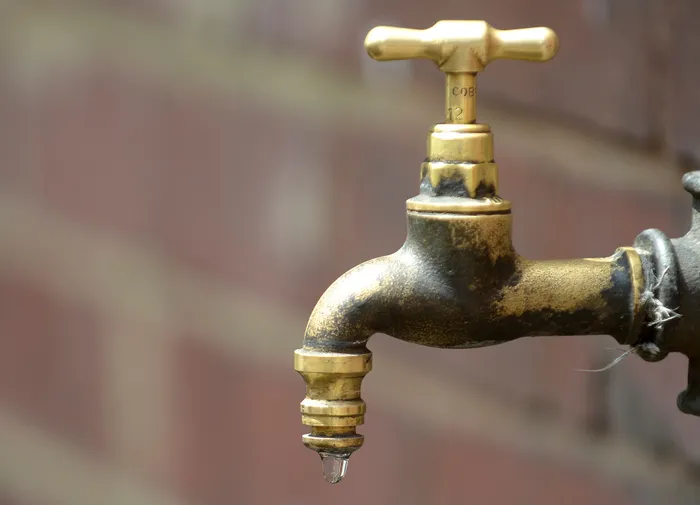New regulations ensure safe drinking water for every household in KwaZulu-Natal

Water Services Authorities in KwaZulu-Natal must ensure that every household receives a minimum of 6 kilolitres of safe drinking water per month.
Image: Independent Newspapers Archives
Water Services Authorities (WSAs) in KwaZulu-Natal must ensure that every household receives a minimum of 6 kilolitres of safe drinking water per month.
This was announced by the Department of Water and Sanitation (DWS) on Wednesday at a provincial workshop on the Revised Compulsory National Water and Sanitation Services Norms and Standards.
Among the key requirements, WSAs must ensure households receive a minimum of 6 kilolitres of water, available for at least 358 days a year, with a flow rate of no less than 10 litres per minute.
- Indigent households must receive this allocation free of charge, while tariffs will only apply to usage beyond the basic provision.
- WSAs are also responsible for maintaining infrastructure up to the user connection point, while property owners are accountable for maintaining infrastructure beyond that boundary.
- In informal settlements, interim water supply services must be provided within 90 days of identification.
- In addition to supplying accurate metering, maintenance, and timely repairs are now compulsory.
Wisane Mavasa, DWS spokesperson, said the department has intensified its efforts to strengthen water and sanitation service delivery.
Mavasa said that the department brought together WSAs from Umngungundlovu, Umsunduzi, Zululand, Umkhanyakude, Harry Gwala, Uthukela, Umzinyathi, and Amajuba District municipalities, alongside the Municipal Infrastructure Services Agency (MISA).
“The revised norms and standards, which were gazetted earlier this year, are designed to set clear minimum requirements for safe and reliable water supply and sanitation services. They align service delivery with public health, environmental sustainability, and the constitutional right of every South African to access clean water and dignified sanitation,” she explained.
The regulations also require WSAs to implement education programmes on water use, hygiene, and groundwater management.
She said that within two years of promulgation, each WSA is expected to submit a formal plan for upgrading all households to at least basic service levels.
Responding to queries during the workshop, André van der Walt, the chief director responsible for the National Sanitation Services Support, emphasised that the norms and standards are not intended to punish, but to enable WSAs to comply with constitutional obligations progressively.
He said that where immediate compliance is not possible, WSAs must submit a progressive implementation plan to the department via the Integrated Regulatory Information Management System (IRIS) within six months.
“These norms and standards were developed with the needs of every citizen in mind, not just those of the water authorities,” Van der Walt said.
He added that the framework also encourages integrated planning across government spheres, particularly in managing challenges such as sludge disposal and stormwater systems.
Mavasa reminded WSAs that these workshops are both consultative and supportive, providing municipalities with the knowledge, tools, and guidance needed for compliance and better service delivery.
zainul.dawood@inl.co.za